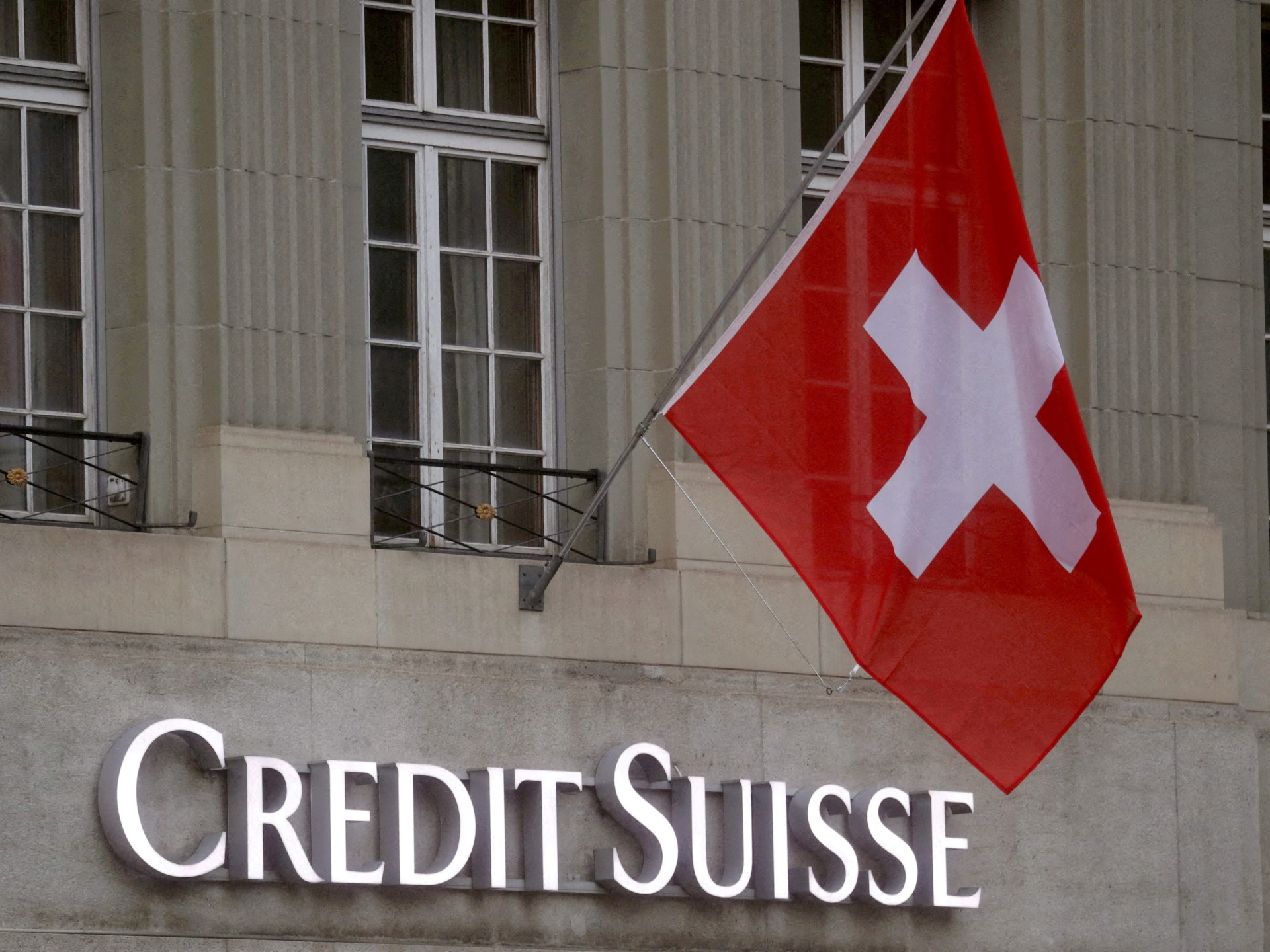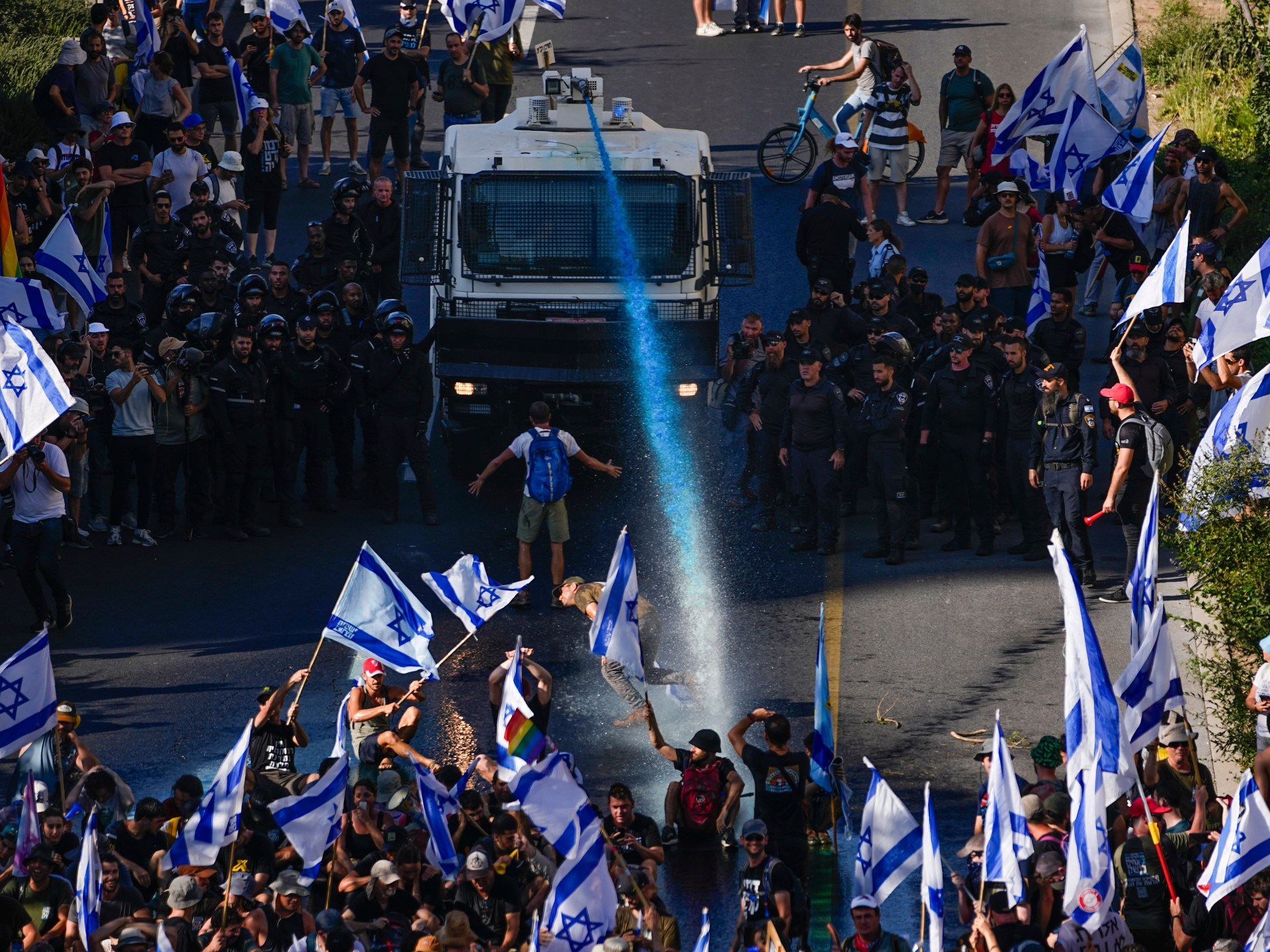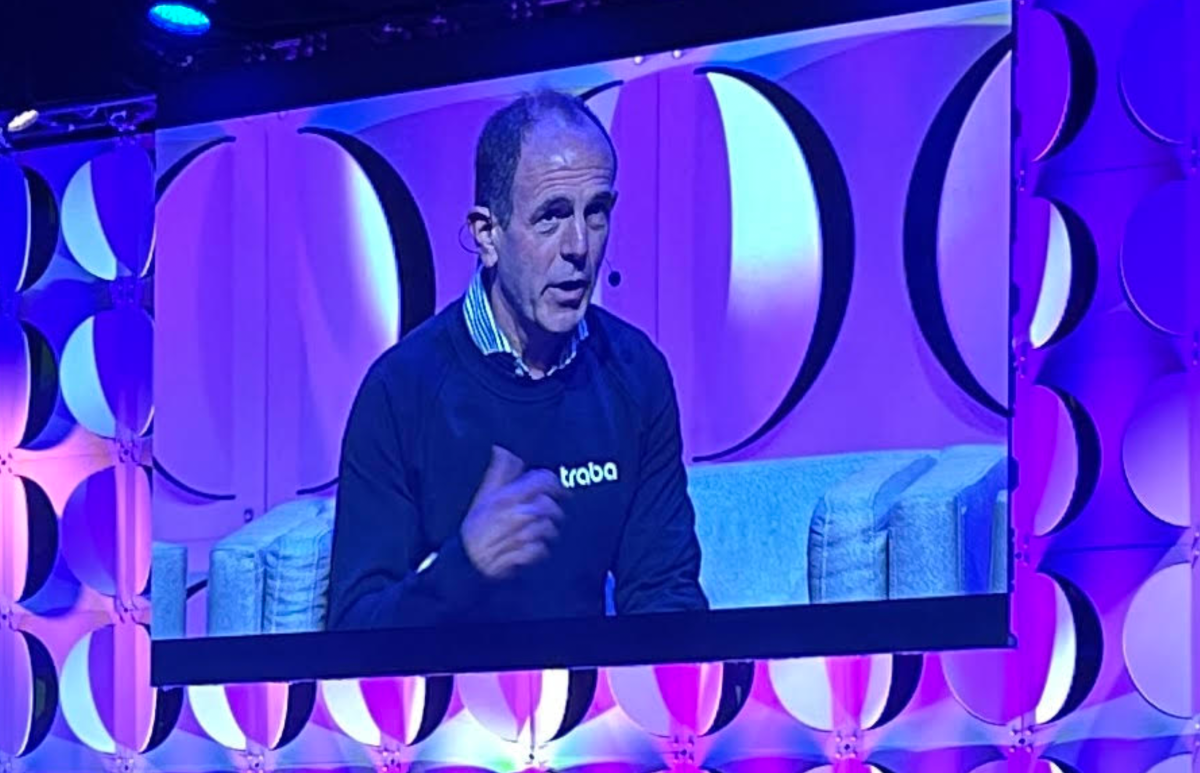Italians Demand Govt. Secure Hostages’ Release
Blaming him for not doing enough to save the life of an Italian journalist held hostage in Iraq last month, relatives and friends of Simona Pari and Simona Torretta, who were abducted Tuesday, September 7, urged Berlusconi to take immediate action to guarantee the safety of the pair, Al-Jazeera satellite channel reported.
“We state a sit-in here in front of the government’s headquarters in solidarity with Pari and Torretta and to send a clear message to the prime minister: Take an action,” one anguished relative told the all-news Arabic television.
Opposition members also called on Rome to do all it could to secure the aid workers’ safe release.
“The government is duty-bound to do all within its power to save their lives,” said Pietro Folena of the Democrats of the Left.
Armed men kidnapped the two women charity workers from their Baghdad offices at gunpoint along with two fellow Iraqi aid workers, witnesses in the Iraqi capital told Agence France-Presse (AFP).
“At 5:00 pm (1300 GMT), two men entered the office… and led the staff into the corridor,” said Jean-Dominique Bunel, a coordinator with a French non-governmental organization.
The two women and one of the two Iraqis were working for the Italian charity Un Ponte Per Baghdad (Bridge to Baghdad) while the second Iraqi worked for a non-governmental organisation called Intersource.
Witnesses said the kidnappers drove up in three cars to the offices of the two organizations in the late afternoon and seized the four hostages.
The abduction marked a new worrying development in the ever-deepening hostage crisis that has plagued Iraq since the spring.
Unlike the dozens of foreigners captured since then, the four kidnapped Tuesday were not snatched on one of Iraq’s dangerous roads but inside their office in a quiet residential area of Baghdad.
Anti-Western Policies
Ironically the aid organization for which Pari and Torretta worked is a long-standing opponent of Western policy towards Iraq.
The group campaigned vigorously against the crippling UN sanctions enforced against Iraq from its 1990 invasion of Kuwait right up to last year.
Under Saddam Hussein’s regime, it ran health care, education and water treatment projects in a bid to alleviate their impact on the Iraqi people.
The organization’s operations are not limited to Iraq — it has also worked in Kosovo and the Palestinian refugee camps in Lebanon, and campaigned against the impact of globalization.
The attack was condemned by four senior Iraqi religious leaders, including two Imams.
The plea was issued in Milan by Mohammed Bachar Sharif Al-Faidhi from the Committee of Muslim Ulema, Iraqi’s most senior organisation of Sunni Muslim scholars; brothers Mohammad and Jaouad Mahdi Al-Khalisi from the Iraqi reform council; and Shlemon Wardnuni, the Catholic bishop of Baghdad.
“In the name of God the merciful, in the name of all the religious scholars meeting here in Milan … we urge the kidnappers to release immediately and without pre-conditions the two Italians — who were working in the interest of Iraq and the Iraqi people — and their Iraqi colleagues,” the four religious leaders said.
The union of Islamic organizations and communities in Italy has also appealed for the release of the four aid workers.
Crisis Meeting
Berlusconi rushed back from northern Italy to Rome for an emergency cabinet meeting following the kidnapping.
“The government is convinced of the need for a united national response in the face of terrorism and has scheduled a meeting for tomorrow with representatives of the opposition,” Berlusconi’s office said in a statement after the crisis meeting.
Foreign Minister Franco Frattini had already contacted his counterparts in Iraq, Kuwait and the United Arab Emirates, who had assured him of their “full personal commitment” to ensure the Italians’ release, his ministry said.
The interior ministry warned that the kidnapping is a “dangerous escalation” in Iraq’s hostage crisis.
The kidnappings “are a dangerous escalation in the cycle of hostage-taking targeting foreigners in Iraq and the fact they happened in Baghdad means they can happen anywhere in the country”, ministry spokesman Sabah Kazem told AFP.
Italy was a key supporter of last year’s US-led invasion of Iraq and is the third largest contributor to occupation forces with around 3,000 troops stationed largely in the south.
Berlusconi’s hawkish line has come in for mounting criticism at home.
Critics unfavorably compared his government’s efforts to secure Italian journalist Enzo Baldoni’s release with France’s intense lobbying for the freedom of two of its journalists held hostage by the Islamic Army.
Baldoni was executed on August 26 after Rome refused to bow to demands for it to pull its 3,000 soldiers out of the oil-rich country.



